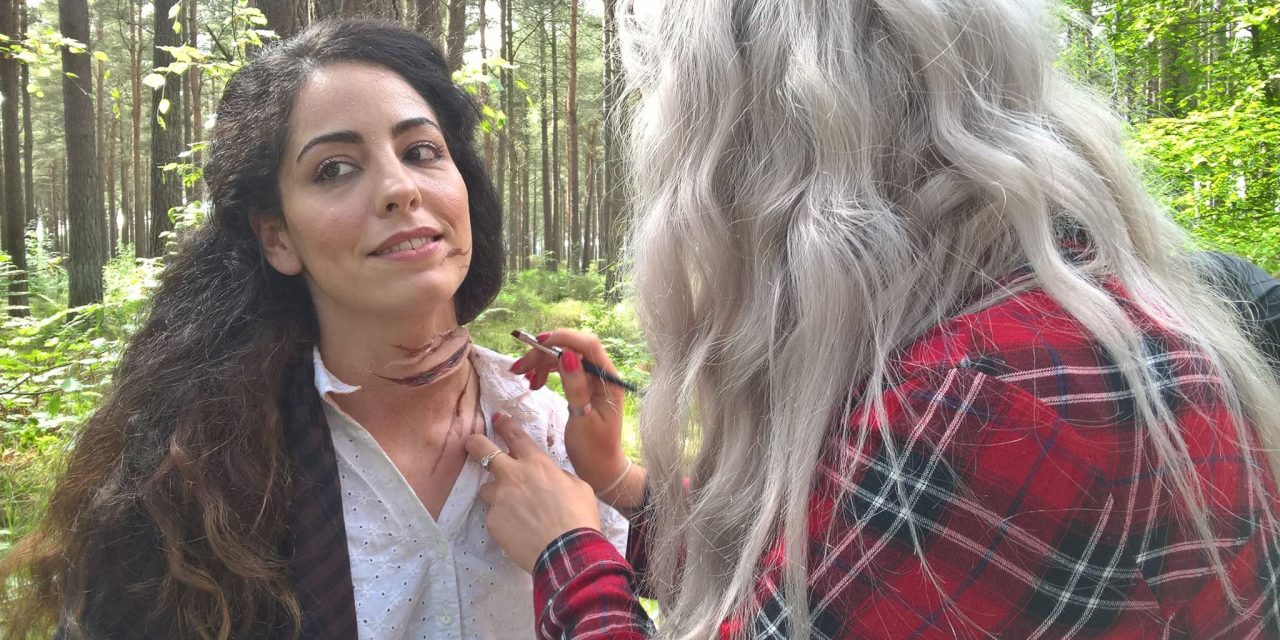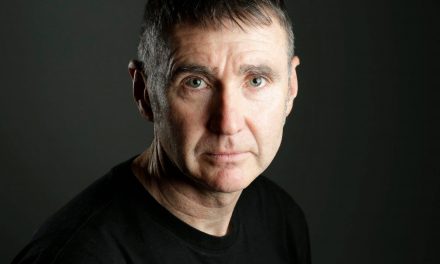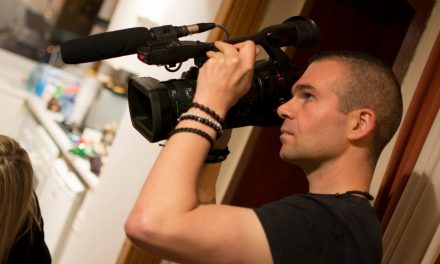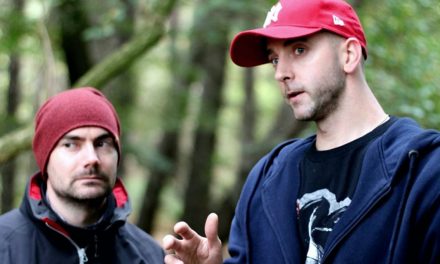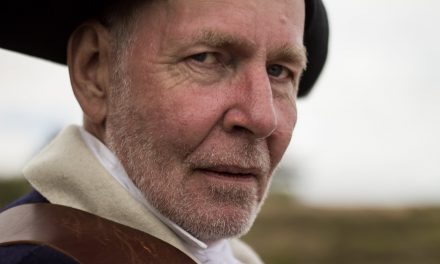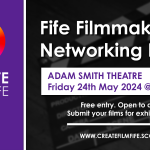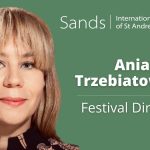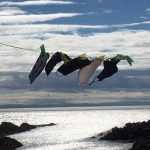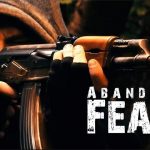Name: Lauren Downie Nazri
Primary Skills: Writer, Actor & Producer
Lauren Nazri tells us about background, her work in film and theatre, her experiences at the Edinburgh Fringe and her joy in collaborating with like-minded creatives.
Tell us a bit about yourself, your background and your career.
I am a 33 year old producer and writer originally from Fife. I have been active in the industry for almost 13 years now, and have worked on a variety of creative projects such as theatre, television and film.
I now spend my time teaching the history of theatre and hold classes in the Edinburgh area. I also enjoy arts journalism as a hobby and have travelled to the Cannes Film Festival.
How did you first get involved in the world of filmmaking, and what made you want to stick with it?
It all happened by accident to be honest.
I was directing a video monologue for a student and became friends with the director of photography. We hit it off really well and that’s pretty much where it all started. As a young child, I’d often sit and daydream about directing blockbusters and would often post stories under my parents bedroom door to keep them entertained.
After completing my studies, I joined Scottish Screenwriters and began to learn the craft of screenwriting.
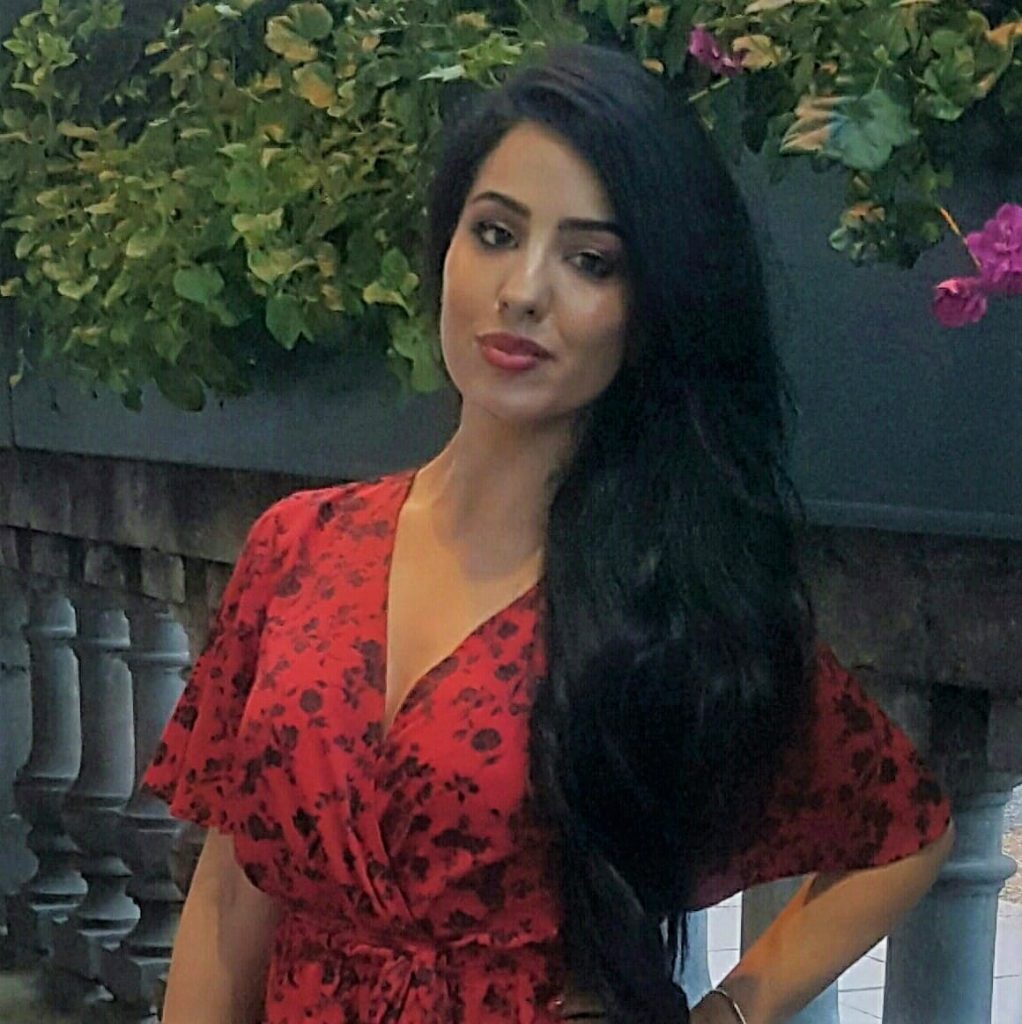
What have been some of the projects that you’ve worked on?
I’ve worked on Nollywood projects in the African movie industry as a producer and have collaborated in music videos. I think where things really started to kick off was when I’d written my debut Splitting for The Edinburgh Fringe Festival. It wasn’t long after, BBC Asian Network contacted me and asked if I’d be interested in featuring on the station.
I later went on to produce two more productions at the Fringe as a result. I started working on film sets as a producer and collaborated with my friend and actor Bobby Robertson who had written the script. I’ve starred in a number of theatre productions and have appeared in a few short movies. I was later invited to work on a project with writer and director Andrew Dobbie for BBC The Social which involved the history behind Easter House’s infamous reputation.
You’ve worked as a writer, a producer, an actor and much more. What do you enjoy doing the most?
I would have to say writing. I feel that I have a lot I’d like to share with my audience. I’m a big thinker. I see the world ‘outside of the box’ and I think that’s what often intrigues a lot of my audiences.
You’ve worked both behind the scenes and in front of them. Do you have a preference?
I think my job is behind the camera. I notice detail and tend to be a bit of a perfectionist. I prefer to be able to oversee the whole production, solve problems and mentor my cast if need be . There’s no better feeling than seeing a production come together; it’s a rewarding experience.
You studied Performing Arts at Fife College. How do you feel this prepared you for your creative work, and is this something you would recommend to others?
Absolutely! I’d say this is most probably one of the best prep courses for young creatives before moving onto University. By far the best in Scotland.

When writing, are there particular genres or themes that you’ve found yourself drawn to?
I studied Sociology for some time and I’d say that it has really given me the tools to excel with my writing. I find myself leaning towards hard hitting drama, the subjects that others are afraid to write about. I like to get into the minds of my audience. I often analyse the world and put things into a different perspective.
I’m mostly a psychological thriller writer, although recently, I’ve been submitting to Comedy rooms to show my readers that I do have a sense of humour. Variety is the key.
You’ve performed and run two shows at the Edinburgh Fringe Festival. What was that experience like?
It was probably the most difficult experience of my career. Holding a team of big personalities together can be extremely challenging. You’re also up against some big names so you need to ensure that you have a strong marketing strategy. You must remain persistent and be able to drive a team towards their goals. I’m glad that I’ve been able to achieve this and I hold a lot of great memories from my time at the festival.
When acting, how do you try and prepare for a role?
I tend to really study the script and my character right down to the socks. I’d say I’m a bit of a method actor which can be really exhausting. It’s about creating a reality because “life is art and art is life”, as they say.
What is your favourite thing about being on a set?
My favourite thing about being on set is the people I work with. Everyone plays their own important role. Even when the going gets tough, you never forget the memories and I’ve formed a lot of strong bonds through this.
What do you think are the key differences between working on stage versus working on film?
Stage can be quite daunting at the beginning. You only have that one chance to get it right or it’s game over. Every actor has what I call ‘stage survival’ when you know there’s an audience watching, we detach from ourselves and take on this ‘alter ego’ like persona. When you’re on stage, you’re no longer yourself. I actually love the adrenaline rush.
Filming is different is a sense that, you can’t over emphasise as much as you would on stage, it’s about technique and as I mentioned before, creating a reality. With stage you’re limited, whereas in film, you have the opportunity to set a better scene which is perfect for an audience that aren’t familiar with the imaginative side of theatre.
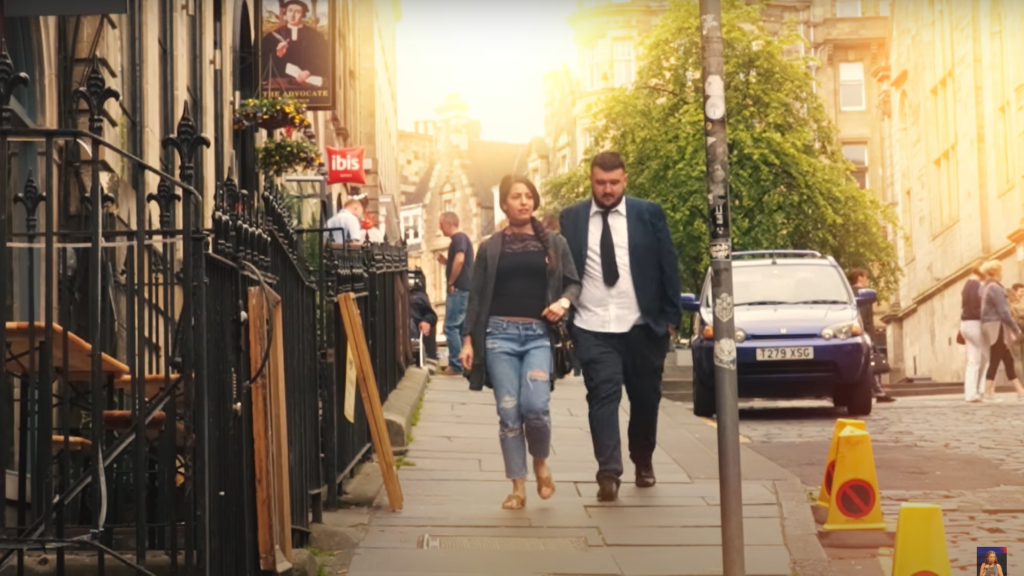
How important do you think team chemistry is on a project?
Team chemistry is very important. You need to have the ability to share the ‘vision’. As challenging as it can be, I reckon if you have a passionate and well organised team, then that really helps balance the workload. You’re often spending a lot of time with these people which can be fun, it’s like we’ve become family by the end of the production.
We’ve heard that you’re writing Sam Ashurst’s next horror feature. What can you tell us about it, and what’s it like collaborating with Sam?
Sam is a very talented man and I’m very honoured to have had this opportunity to work with such a great person. His style is more “art house” which really interested me to begin with. I love surreal art such as Alejandro Jodorowski films, and I found myself being able to really tap into his vision. We’ve put together a cult based documentary film, and it mostly reflects on the psychology behind cultists and how easily people are drawn to such glib characters.
Tell us about some of your memorable moments, both on and off set.
My most memorable moment would be rehearsing for Glasgow Central. Due to the nature of the story, there were many moments of hilarity during rehearsals. There was never a dull moment really. I still look back to this day and smile.
Have there been any projects that you’ve found particularly challenging?
Glasgow Central again. We had quite a large cast of different ages and personalities. There was almost a brawl during the technical rehearsals and I remember the venue security saying: “You do have nine Glaswegians in your cast”. We were able to see the funny side of it, and of course the after celebration was amazing.
Do you have any projects that you’re proudest of?
Glasgow Central again. I’m most proud of the fact that I made some great friends during that time. It brought a lot of joy to us all. That was the year the Traverse Theatre contacted me to invite me over to the Talk Fest. I have some memorabilia from that… I’ll treasure it forever.

Outside of the world of film and theatre, tell us a bit about the other ways you like to create and collaborate.
I’m an advocate for ethnic minority groups. Being from a biracial background myself, I like to include other minorities and cultures. It’s always great to educate others and I believe we need that diversity in our industry.
What are your thoughts on the filmmaking community in Scotland?
We have a lot of dedicated film makers in Scotland. However, I feel as though our opportunities are limited at times. I’m not sure if it’s an issue with potential collaborators – there does seem to be a slight divide – but I believe we can change that with more networking events and making new creatives feel welcome.
Many people say there aren’t enough opportunities for creative people in Fife. What are your own thoughts?
Obviously being on the central belt of Scotland, I’ve found myself looking for opportunities in the Glasgow and Edinburgh areas. That’s not saying there aren’t opportunities in Fife, there are many but I think we could benefit greatly by having our own production studio as I feel that we still lack certain resources.
What other projects are you hoping to do next?
I hope to do a BBC iPlayer series at some point or even broadcast on Amazon Prime. I’m also working on my first novel, so we’ll see how it all pans out.
What words of advice would you give someone new to filmmaking?
Pay attention to detail, be able to work as a team and be mindful of others. Keep a sufficient schedule and always plan ahead.
Your favourite film and why.
I quite like Blue Velvet by David Lynch. I’m a massive Lynch fan, but as of recently I’d have to say Green Book. As a writer, I find the dialogue very poetic – and the direction was quality.
Any final thoughts?
I hope to open my own theatre school in the future. I like to help others succeed.

